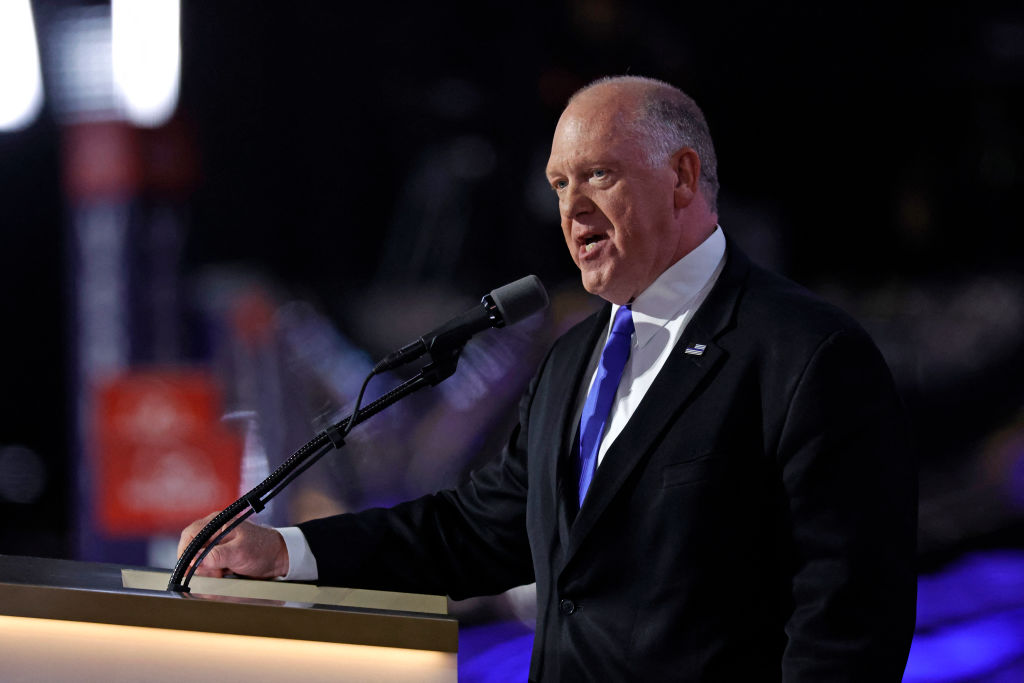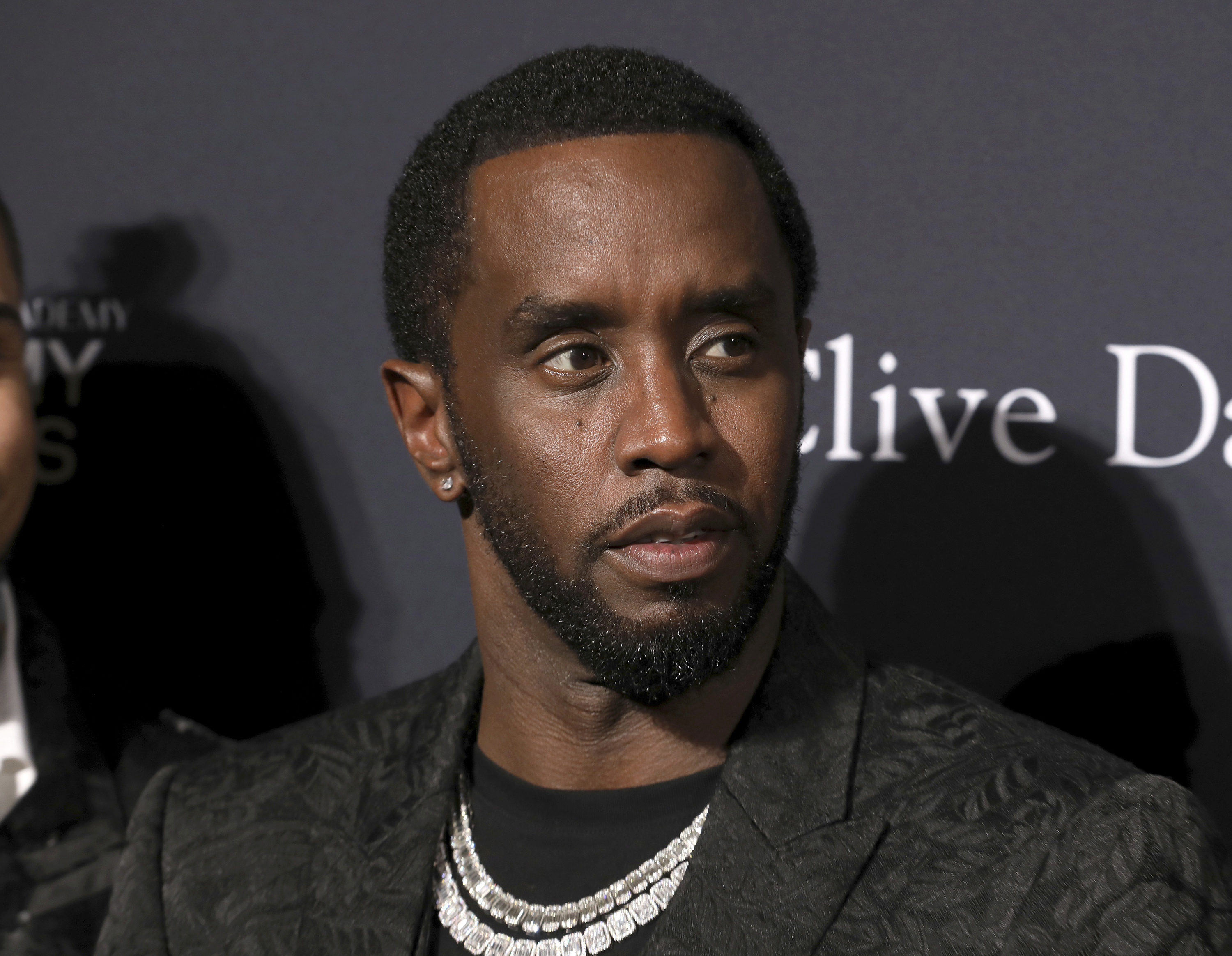Things to know about President Donald Trump's firing of James Comey as FBI director:
THE BIG WHY
Theories abound about why Trump fired Comey — and why now.
Trump said he fired the FBI director because he "wasn't doing a good job" and on the recommendation of Justice Department officials. The White House pointed to a memo written by a newly confirmed deputy attorney general stating that Comey's disclosures about the Hillary Clinton email investigation were a "textbook example of what federal prosecutors and agents are taught not to do."
Democrats — and even some Republicans — found Trump's explanation implausible.
They pointed to Trump's praise of Comey at the end of the presidential campaign for having the "guts" to disclose new questions about Clinton's email situation. Many critics believe the president fired Comey to derail the FBI's inquiries into possible contacts between the Trump campaign and Russian officials.
California Sen. Diane Feinstein, the top Democrat on the Senate Judiciary Committee, said what "sticks in her mind" is a classified briefing that Comey delivered in March in which he laid out counterintelligence and criminal investigations the FBI is conducting into Russian interference in the 2016 elections.
The Republican chair of the Senate intelligence committee, Sen. Richard Burr of North Carolina, said of the Comey firing: "The timing of this and the reasoning for it doesn't make sense to me."
U.S. & World
FINDING A REPLACEMENT
The search is on for both short- and long-term replacements.
Comey's deputy, FBI veteran Andrew McCabe, became acting director after Comey was fired. But Attorney General Jeff Sessions and senior leaders at Justice are interviewing additional candidates to do the interim job until a successor is nominated by Trump and confirmed by the Senate to a full 10-year term.
As for a permanent replacement, Trump promised someone "who will do a far better job, bringing back the spirit and prestige of the FBI." Among names generating speculation: former New York Police Commissioner Ray Kelly, New Jersey Gov. Chris Christie, Milwaukee County Sheriff David Clarke and Rep. Trey Gowdy, R-S.C., who led the investigation into the deadly attacks on a U.S. facility in Benghazi, Libya.
THE RUSSIAN CONNECTION
Comey's firing has cast a cloud over the future of the FBI's inquiry into Russia's interference in last year's presidential election. But you can count on questions about the Trump team's contacts with Russia continuing to swirl on multiple fronts — as well as partisan wrangling over who should investigate what.
Democrats are escalating their calls for the appointment of a special prosecutor to conduct an independent investigation to dispel any impression of a cover-up. But Senate Majority Leader Mitch McConnell is dismissing that idea, saying a new investigation would only "impede the current work being done."
Comey had told Congress in March that a federal investigation examining Russian interference in the presidential election and potential coordination between Russia and the Trump campaign began last July. And in the days before his firing, he had told lawmakers that he needed more resources to pursue the investigation, according to three U.S. officials.
There also are investigations under way in both the House and Senate. Burr said the firing made his committee's investigation "a little more difficult but it didn't make it impossible so we'll continue."
WHAT ABOUT TRUMP
Trump made an overt play to clear his own name as he ousted Comey.
In his written announcement of the firing, Trump made a point of stating that the FBI director had informed him "on three separate occasions, that I am not under investigation."
There's no public record of such assurances.
When Comey was asked last week during a Senate hearing whether the president was part of the probe, he declined to answer.



